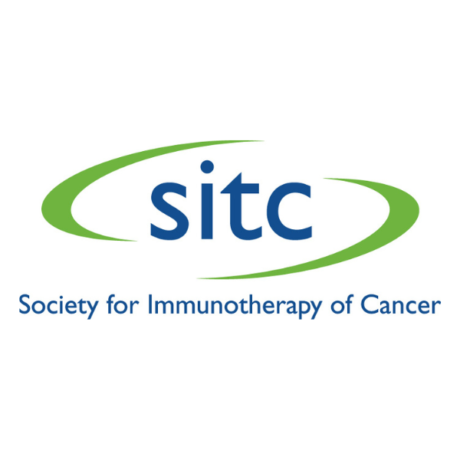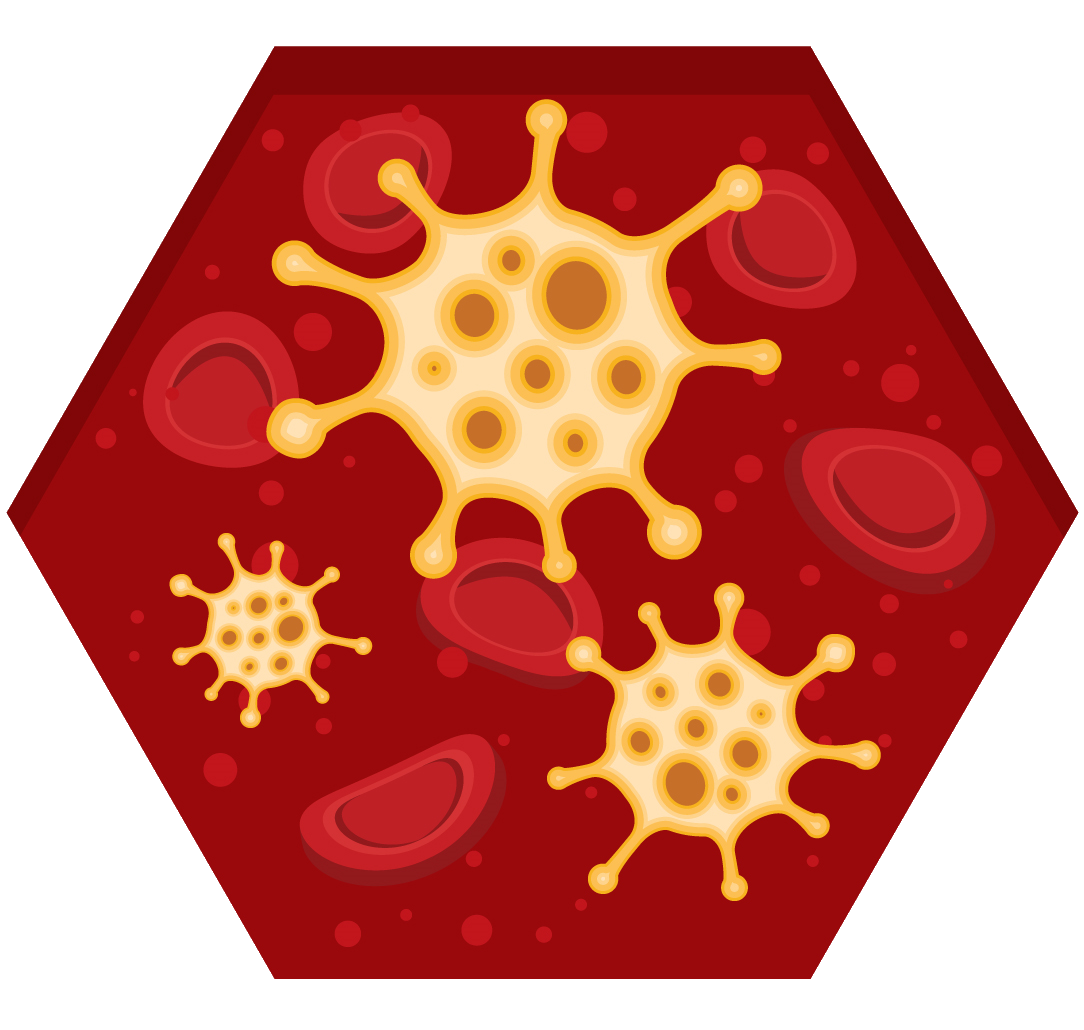This course is developed by the Federation of Clinical Immunology Societies (FOCIS) and the Society for the Immunotherapy of Cancer (SITC). It will review tumor immunology as the scientific foundation for the current practice of cancer immunotherapy, emphasizing fundamental principles, recent clinical advances, current limitations, and near-term opportunities for further accelerating clinical progress.

Target Audience
This course is designed for translational researchers and scientists, practicing clinicians, trainees, and individuals in biotechnology and pharmaceutical companies interested in immuno-oncology and the development of immunotherapies for cancer.
Learning Objectives
After the course, attendees will be able to:
- Describe mechanisms of the immune response against cancer cells and how these responses are regulated during cancer development and progression.
- Describe the principles underlying chimeric antigen receptor transduced T cells (CAR-T cells) and T cell receptor (TCR)-transduced T cells and their efficacy in the treatment of leukemias and other cancers.
- Appreciate the potential opportunities and limitations of utilizing CAR-T cells for treating solid tumors and understand the development of second-generation CARs.
- Understand the biology of immune checkpoint pathways and checkpoint blockade therapy for solid tumors, the development of biomarkers to predict therapeutic responses, and the potential for combination therapies.
- Describe the unique adverse event profile associated with immune checkpoint blockade and CAR-T cell therapy, and clinical strategies for managing those immune-related toxicities.
- Discuss the potential of emerging strategies for cancer immunotherapy, including innate immune therapeutics and bispecific targeting approaches.
Reviews
Read why last year’s attendees enjoyed the course:
- “High quality course; I found it addressing the main topics in the field with high level presentations.”
- “As a cancer biologist, not an immunologist, this course is of great interest to me.”
- “[I will now] Be more aware about Immuno-monitoring.”
- “I can improve the design of translational studies.”





